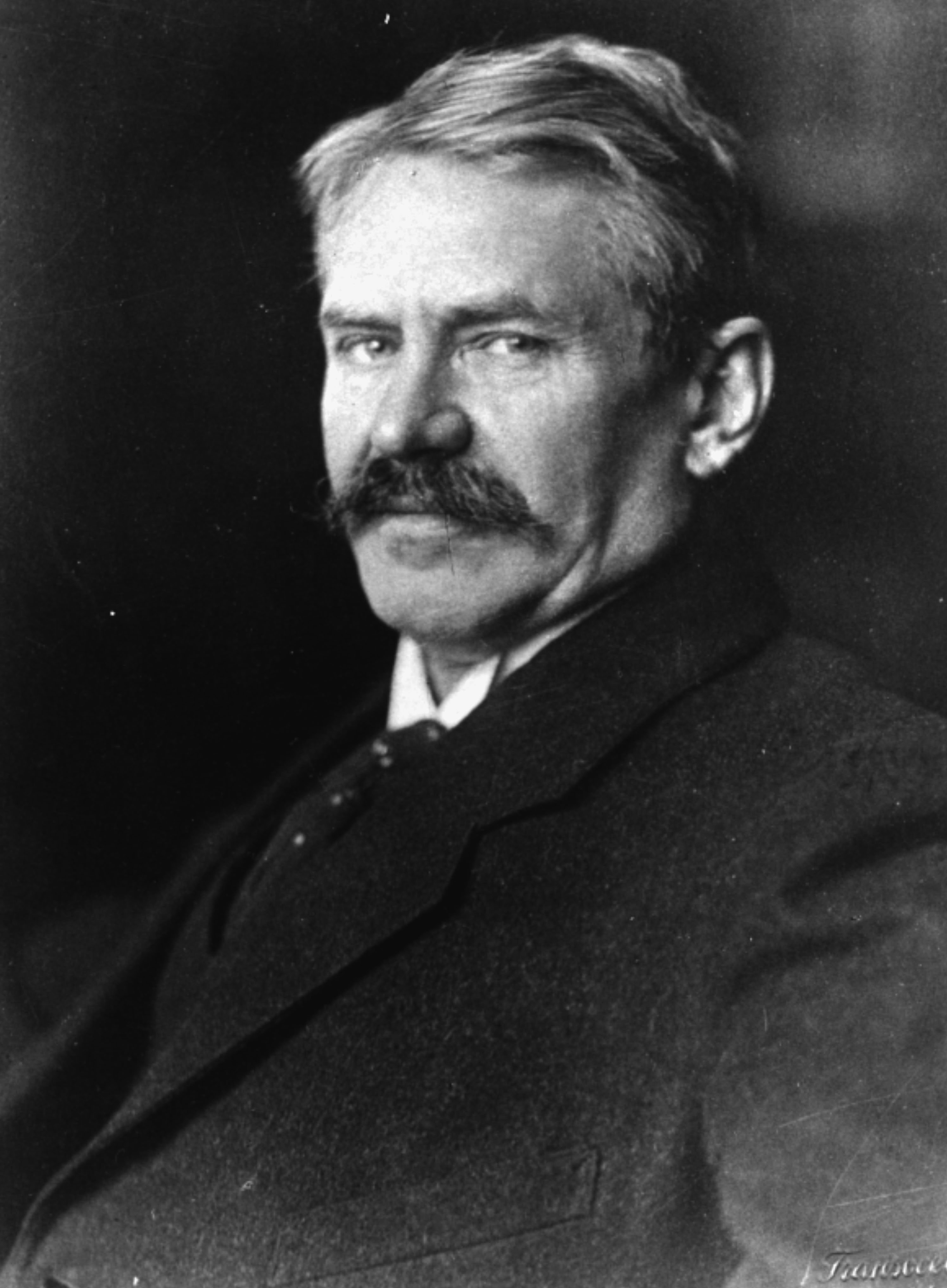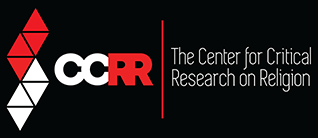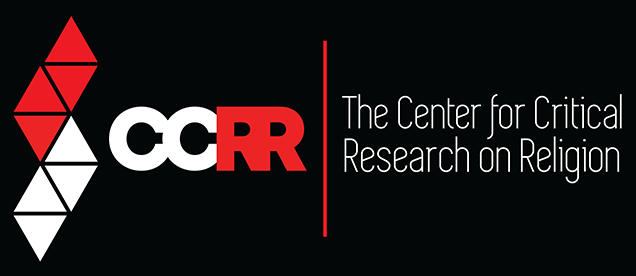Ernst Troeltsch

“The church both stabilizes and determines the social order; in so doing, however, she becomes dependent upon the upper classes, and upon their development. The sects, on the other hand, are connected with the lower classes, or at least with those elements in Society which are opposed to the State and to Society; they work upward from below, and not downwards from above.”
Primary Literature
Troeltsch, Ernst. 1912. Die Soziallehre der christlichen Kirchen und Gruppen, 2 Vols. Tübingen: J.C.B. Mohr (Paul Siebeck).
_______. 1992 [1931]. The Social Teaching of the Christian Churches, 2 Vols. Translated by Olive Wyon. Louisville and London: Westminster John Knox Press.
_______. 1991. Religion in History. Translated by James Luther Adams and Walter F. Bense. Minneapolis: Fortress Press.
_______. 1977. Writings on Theology and Religion. Translated and edited by Robert Morgan and Michael Pye. Louisville: Westminster John Knox Press.
_______. 1966 [1924]. Spektator Briefe: Aufsätze über die deutsche Revolution und die Weltpolitik 1918/22. Aalen: Scientia Verlag.
_______. 1922. Der Historismus und Seine Probleme. Tübingen: J.C.B. Mohr (Paul Siebeck).
Secondary Literature
Chapman, Mark D. 2001. Ernst Troeltsch and Liberal Theology: Religion and Cultural Synthesis in Wilhelmine Germany. Oxford: Oxford Univerity Press.
Drescher, Hans-Georg. 1993. Ernst Troeltsch: His Life and Work. Translated by John Bowden. Minneapolis: Fortress Press.

